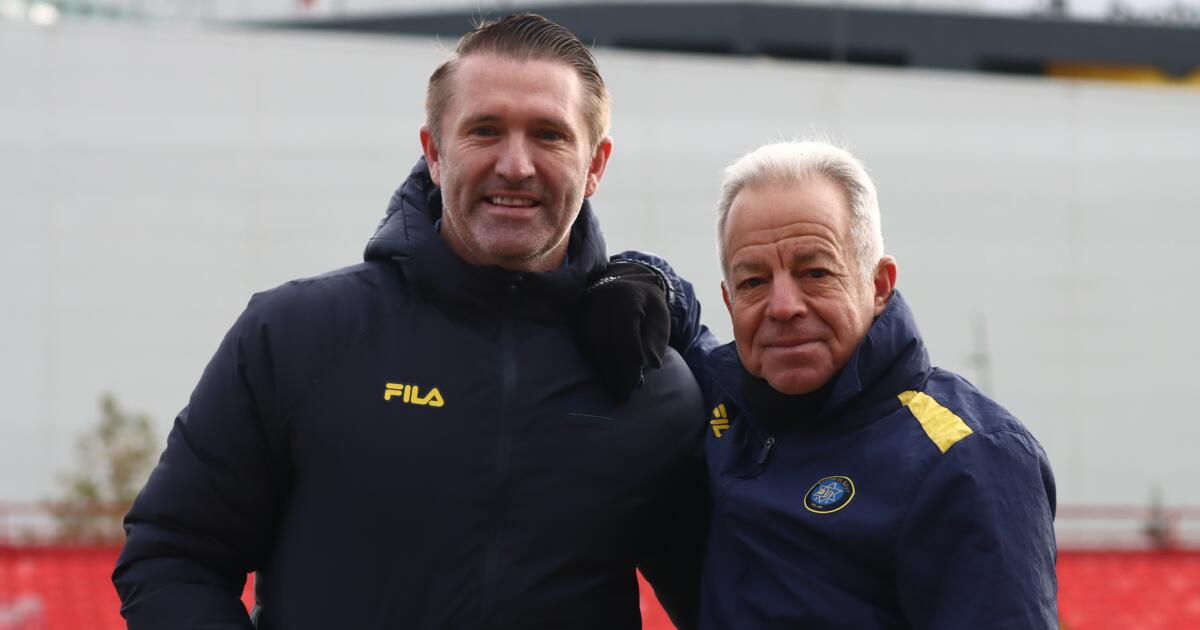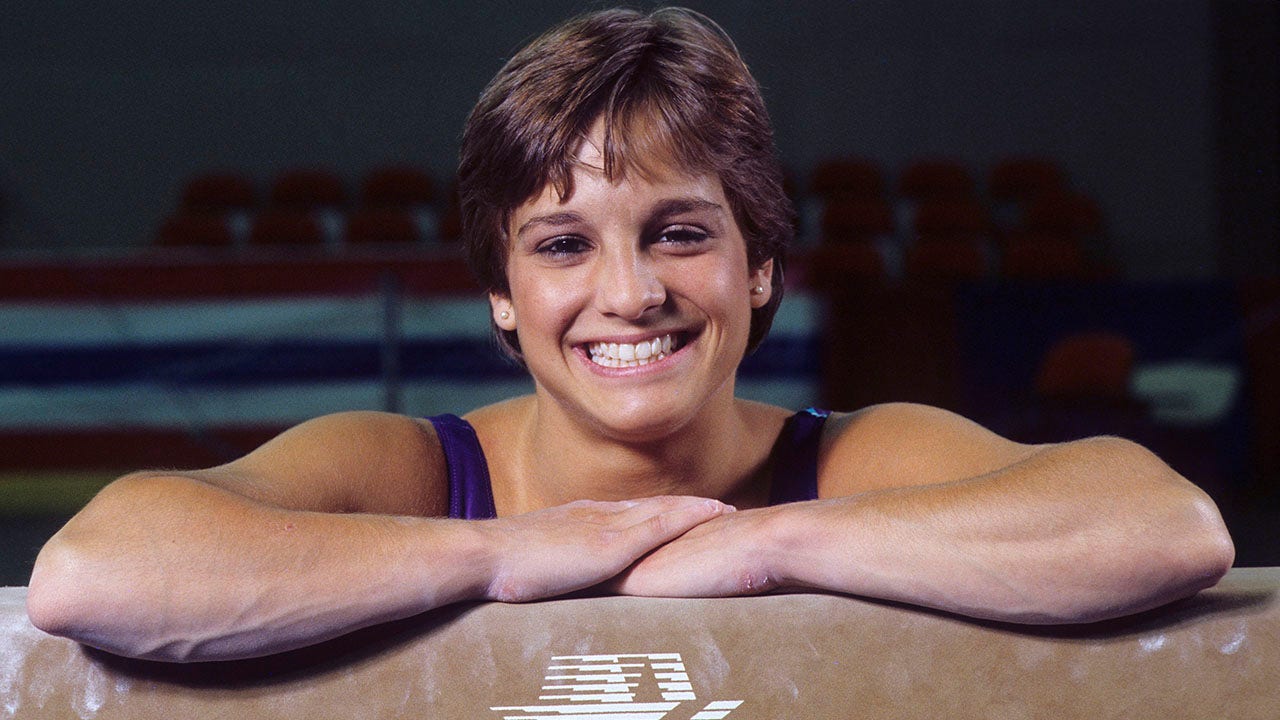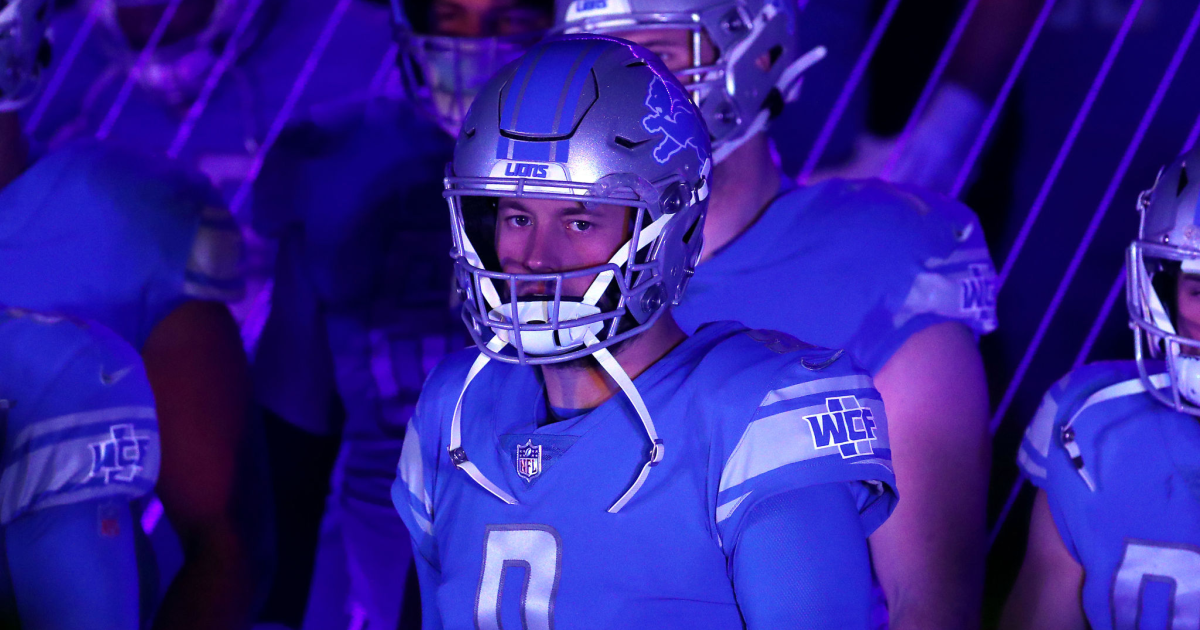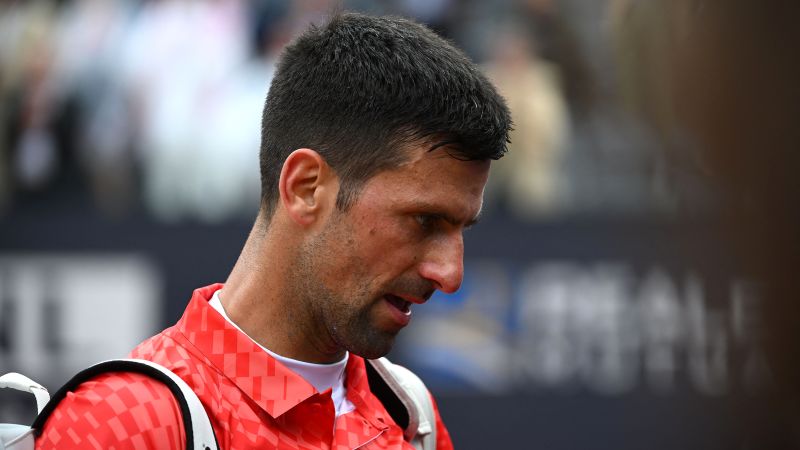Amid tragedy, former USMNT assistant Dave Sarachan finds a home coaching in Israel
The first sign that something was wrong, Dave Sarachan said, were the sirens.
“Incredible sirens that I had never heard before,” he said. “Then I heard a couple of things like thunder, but it wasn’t cloudy.”
It was just before sunrise on Oct. 7 and Israel was under attack. About 3,000 armed Hamas fighters poured into the country from the Gaza Strip while an equal number of rockets, fired from the Palestinian territories, rained down in the first 20 minutes of the surprise attack. Some sounded like thunder as they pierced the skies over Tel Aviv while Sarachan, a longtime assistant coach with the Galaxy and men’s national team, watched from the balcony of his high-rise apartment building.
By the end of the day more than 1,200 Israelis were dead, another 240 had been taken hostage and Sarachan, four months into his job as an assistant with Maccabi Tel Aviv, was on a plane to safety in Greece.
It would be a month before Sarachan and the team’s other foreign-born coaches reunited with their players in Poland for a Europa Conference League group-stage match with Zorya Luhansk, a Ukrainian team that, like Maccabi, had been displaced from its homeland by war.
“Unbelievable,” Sarachan said of the scene in an almost-empty stadium. “Walking out, they have Ukrainian flags around their shoulders, our guys had Israeli flags. It really just was very poignant. There are two teams that are fighting to exist.
“And now we get to play a soccer game.”
A soccer game that seemed beyond insignificant when measured against the suffering and dying taking place on the battlefields back home.
Except it wasn’t.
It proved that while chaos reigned everywhere, people could still enjoy watching a child’s game on television — for diversion, if nothing else. And if that distraction lasted just two hours, well that was better than no distraction at all, something Maccabi manager Robbie Keane reminded his team of before that game.
“Think about who you’re playing for,” he said.
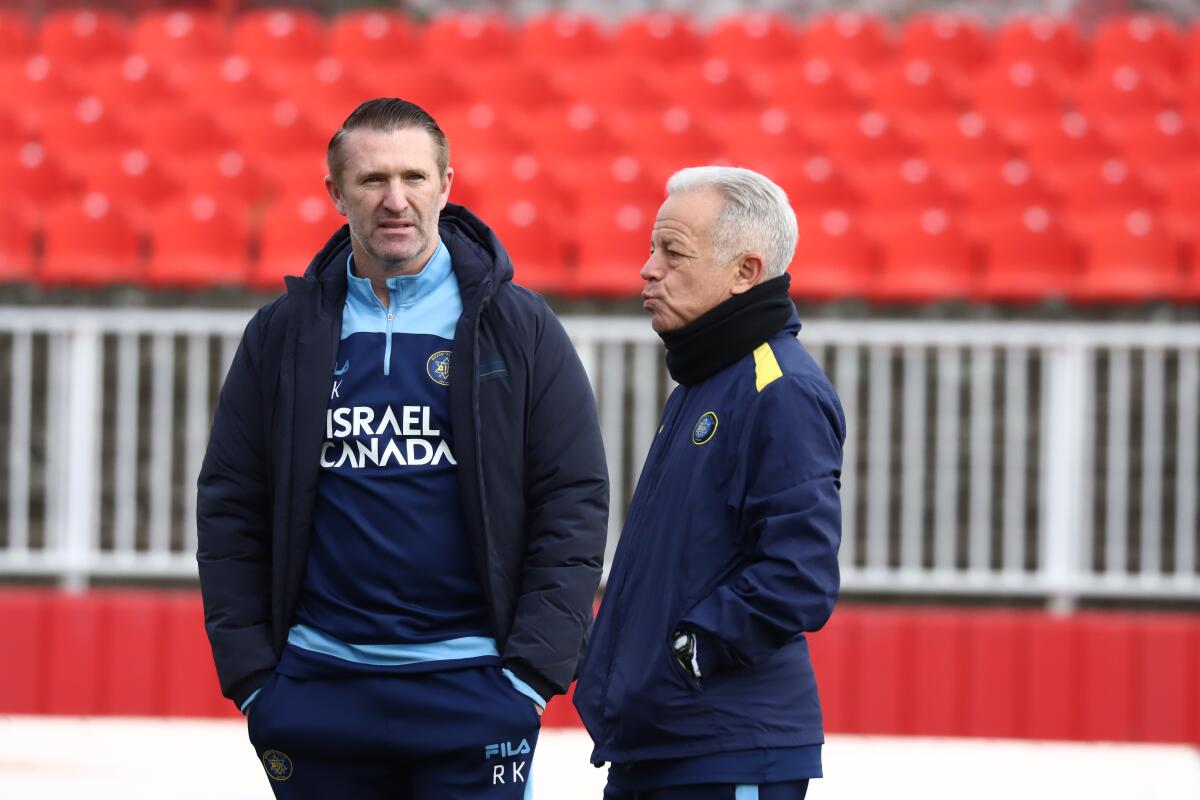
Former Galaxy coach Robbie Keane, left, and former U.S. men’s national soccer team assistant Dave Sarachan are coaching for the Maccabi Tel Aviv Football Club.
(Maccabi Tel Aviv Football Club)
One member of the team’s medical staff had been fighting for the Israeli Defense Forces in Gaza just days before the game. Players have had family members killed or kidnapped.
“There’s a little bit of ‘life is bigger than just a soccer game’,” Sarachan said by phone last week from Tel Aviv. “But this is what we do.”
And Maccabi has done its part very well. Unbeaten in eight games in Israel’s top-tier Ligat ha’Al, the team hasn’t dropped a point since the war started, winning its group in the Europa Conference League last week and advancing to the tournament’s round of 16 despite playing its final four games in three different countries after UEFA banned the team from playing at home “due to the current security situation.” That earned the team a heroes’ welcome when it returned from Serbia, where it is playing its Europa games, to the same Tel Aviv airport from which Sarachan and Keane had fled two months earlier.
That Sarachan, 69, was invited along on Maccabi’s journey is part fate and part fortune.
Sarachan spent most of his professional coaching career as an assistant to Bruce Arena, winning four MLS Cups with D.C. United and the Galaxy and going to the World Cup quarterfinals with the national team in 2002. He also succeeded Arena as interim manager of the national team in 2017 and in 12 months built much of the foundation for the 2022 World Cup team, giving a record 23 players — including Weston McKennie, Tyler Adams, Tim Weah, Shaq Moore, Josh Sargent and Antonee Robinson — their international debuts.
But after a short stint with the Puerto Rican national team, he was unemployed and in semi-retirement last summer when Keane was named manager at Maccabi Tel Aviv. Sarachan had coached Keane through six successful seasons with the Galaxy and the two remained close — so close that when Keane got his new job, he asked Sarachan to join his staff.
“It kind of was the perfect timing because Robbie is a young coach and I felt that I could help him,” Sarachan said. “He obviously hired me for that reason.”
The timing was perfect for another reason as well. Sarachan was raised Jewish but wasn’t particularly religious, though he did play for the U.S. in the 1985 Maccabiah Games, an international Jewish and Israeli multi-sport event held every four years in Israel.
Soccer had taken Sarachan all over the world; now it was offering to take him home.
“The idea of experiencing the culture and connecting a little bit with my background, my family said, ‘man, you’ve got to do this,’” he said.
“When I hear the prayers, go through some of the ceremonies, lighting candles, it just reconnects me to what I remember growing up,” he continued. “I’ve delved into a little more of the history of Israel. The connections pop up all the time.”
Then came Oct. 7 and the sirens, the rockets and the invasion; in a flash everything changed. In just 10 weeks the war has claimed nearly 20,000 Palestinian lives, according to the territory’s health officials, more than 13 times the losses on the Israeli side.
Meanwhile, Maccabi Tel Aviv will continue to play soccer, staging its Europa games in Serbia and its Ligat ha’Al matches in empty stadiums in Israel. It will also continue chasing history since no Israeli club has ever gotten past the quarterfinals of a European tournament and no team has gone unbeaten in domestic league play since Maccabi Haifa in 1993-94.
That does nothing to lessen the suffering, of course. Those wounds will take decades to close, if they ever do heal. But as a native New Yorker, Sarachan remembers the 2001 World Series, played as fires continued to smolder at the site of the 9/11 attacks, and how something as inconsequential as a child’s game suddenly became meaningful.
Perhaps that will happen again.
“It’s an unbelievable chapter in my book one day,” he said. “If I ever write one.”
⚽ You have read the latest installment of On Soccer with Kevin Baxter. The weekly column takes you behind the scenes and shines a spotlight on unique stories. Listen to Baxter on this week’s episode of the Corner of the Galaxy podcast.

